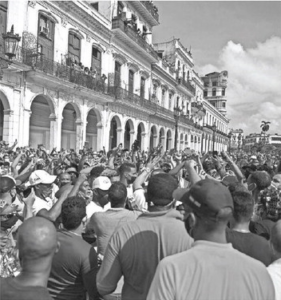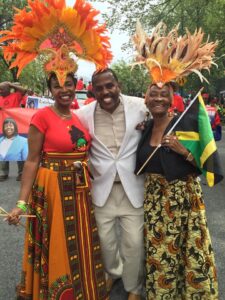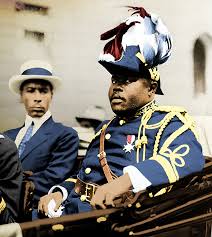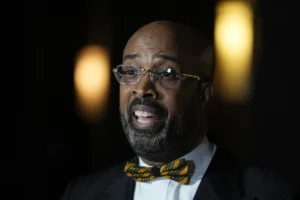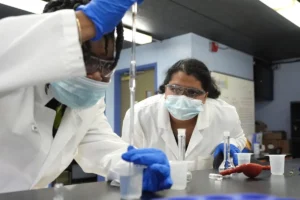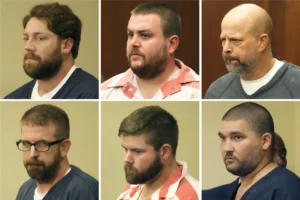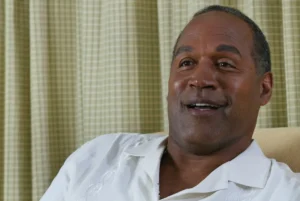Caricom-led Haiti talks begin in Jamaica
3 min read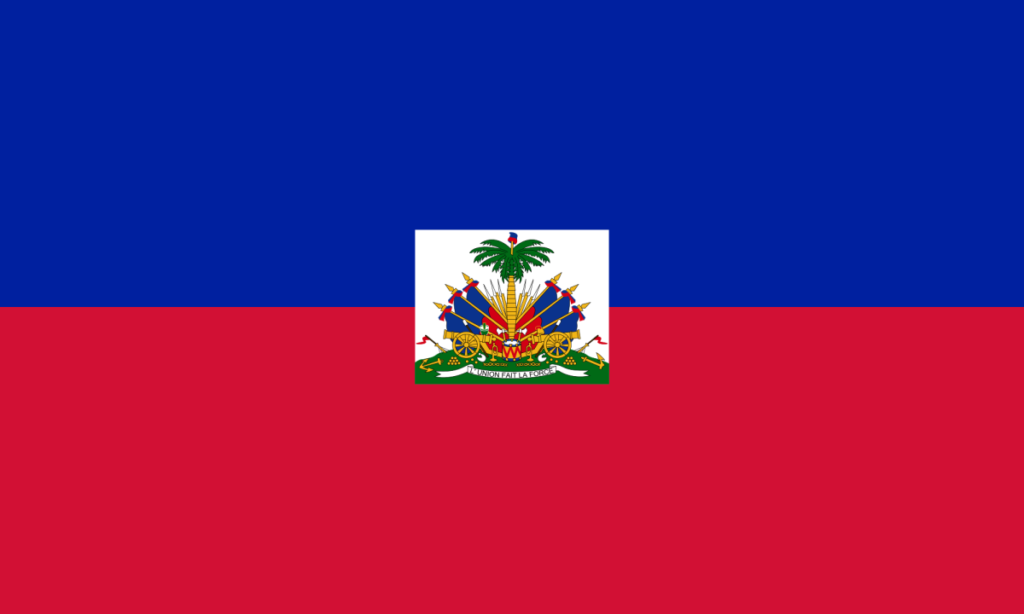
Repeatedly pilloried for not having a clue about how to help its poorest and most populous member state, Caricom the Caribbean governments and the international community began three days of talks on Sunday aimed at coming up with solutions for the island’s decades-old crisis and are making sure that Haitian stakeholders are present.
Frustrated by Haiti’s ongoing security and food crises, regional governments say they are putting everything into their latest effort at brokering peace in the country, which has been wracked by a security crisis since the July 2021 assassination of President Jovenel Moïse. Neighboring Jamaica has agreed to lend itself as the base for the latest push for peace in Haiti. The talks will be led by a so-called eminent group of former prime ministers made up of Perry Christie of the Bahamas, Bruce Golding of Jamaica, and Kenneth Anthony of St. Lucia.
“Let us commit to try, and keep on trying, until we find a workable solution,” said Philip Davis, Bahamas prime minister and Caricom chair, at the opening ceremony. “Failure equals more suffering and death, so failure cannot be an option. Let’s keep an open mind and recognize that at the end of the day, you will find a solution.”
Haiti is the last nation to join the bloc of 15, back in 2002, but continued bouts of unrest and stability have embarrassed Caricom because it lacks the material resources to actually help the nation of around 11 million to function normally.
Setting the tone for the talks, Davis argued that there is no perfect solution for the situation in Haiti but “the challenges and struggles taking place in the Republic of Haiti have been present for far too long. I think it is important that we recognize that what we are striving for may, in the end, not be perfect, but will likely be something that in the immediate time, is effective; something that saves lives; something that brings an end to killings; something that brings an end to the rapes; something that brings an end to the kidnapping and violence; something that brings an end to the loathing and the robberies and the gang warfare.”
The meeting was supported by the presence of Haitian Prime Minister Ariel Henry, who was appointed in the months before Moïse was assassinated by hired, mostly Colombian, mercenaries. The country has no functioning parliament, no president, and a prime minister who was appointed without assembly approval.
Henry told the AP and other reporters that he was at the meeting to listen and contribute to a solution. “We did not come here to negotiate for another agreement,” he said. “We are here to listen and talk about the next steps we have to take to rebuild our democracy. Everyone knows that no lasting solution for Haiti can come from abroad, nor be imposed by others, whether from Caricom or elsewhere. It is up to us Haitians to find among ourselves, by our own means, this common national project likely to unite us for a rebirth of this nation. Haiti requires a national effort. We have to start once again to become a normal country. It’s high time to start a process that would lead us to free and democratic elections.”
The impetus to help Haiti emerge from this crisis might have been sparked by the February meeting of regional leaders in the Bahamas, where things Haiti dominated the talks. Canadian Prime Minister Justin Trudeau was among dignitaries who attended the meeting and pledged millions in support and security equipment to help police beat back some of the marauding gangs. Some Caricom countries want to whip up support for a multinational security force to stabilize the situation, but western nations and even fellow Caribbean member states appear to have been reluctant to buy in. Only Jamaica and the Bahamas have pledged to send personnel on the ground if such an agreement is reached.


